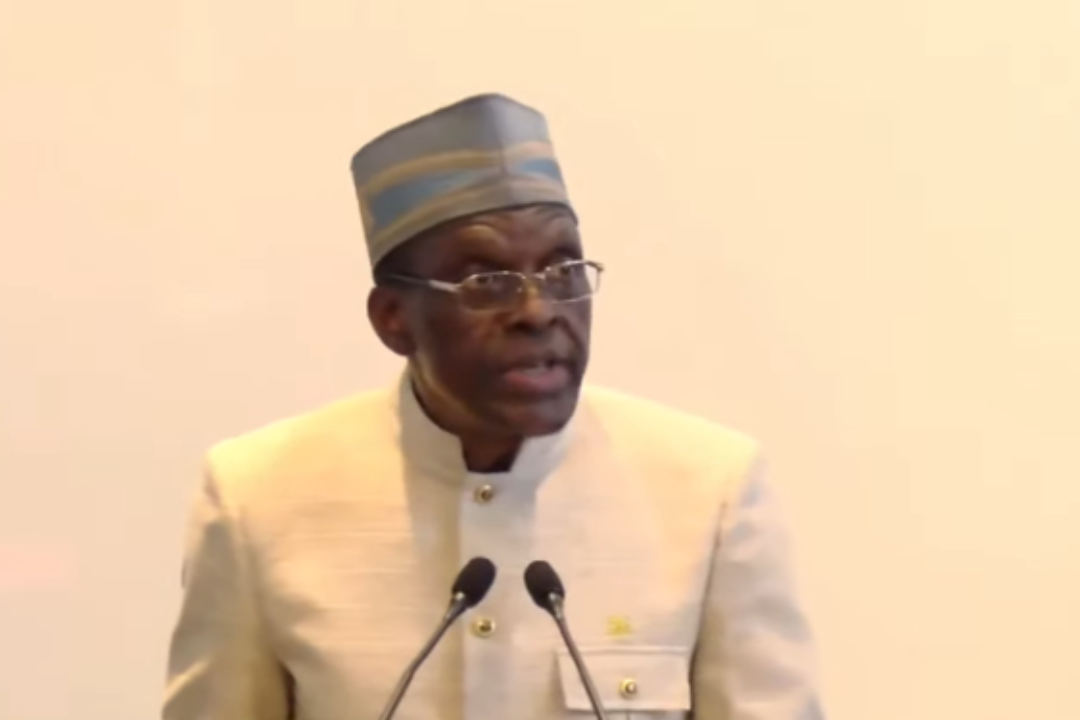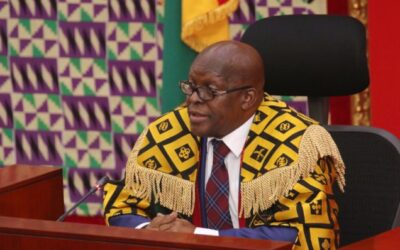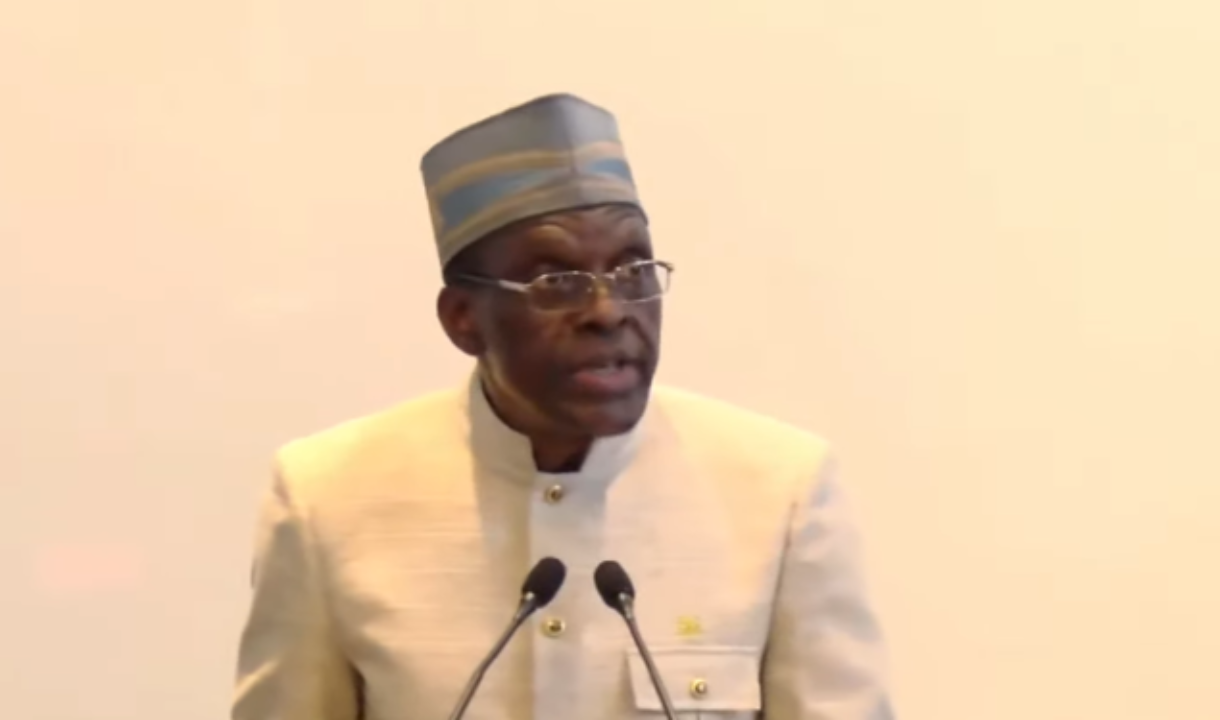William NarhbyWilliam Narh
The Speaker of Parliament, Alban Bagbin, has clarified that determining the seating arrangement for Members of Parliament (MPs) does not fall within his mandate, addressing the current dispute over which party holds the majority in Parliament.
This contention follows Speaker Bagbin’s recent declaration of four parliamentary seats as vacant, leading the National Democratic Congress (NDC) Caucus to claim they now hold the majority position.



Alban Bagbin
The declaration has sparked debate among MPs over who should be officially recognized as the majority or minority, with each party interpreting the implications of the vacant seats differently.
In remarks on November 6, Bagbin explained that while Ghana’s Parliament is influenced by the Westminster system, which traditionally dictates that the majority party occupies certain seating arrangements, it is not a binding rule.

He emphasized that seating arrangements are typically guided by parliamentary conventions and the prevailing balance of power rather than by direct intervention from the Speaker.
Bagbin urged MPs to focus on upholding parliamentary order and functionality, noting that the critical issues should be resolved by dialogue among the leadership rather than seating disputes.
“It is not part of the duties of a speaker to decide where an MP should be in parliament. That determination in Ghana’s constitution doesn’t exist. In various parliaments, these things we are talking about; majority and minority don’t exist any longer. That is why in my ruling, I used the term old school, which is the British model; the government and opposition.
“…You can sit anywhere, but the numbers determine who is the majority and who is the minority. In our parliament, the practice is for those who constitute the majority to sit on the right side of the speaker and those who constitute the minority to sit on the left side of the speaker.
“That is because, after independence in 1957, we adopted the Westminster system, which is practised in the United Kingdom. But we changed that even to the extent that the arrangement on the floor of the house is in a horseshoe. So, it is not always the case that the people to the left side are all members of a minority, that is not the case now and there is good reason,” he stated.



















